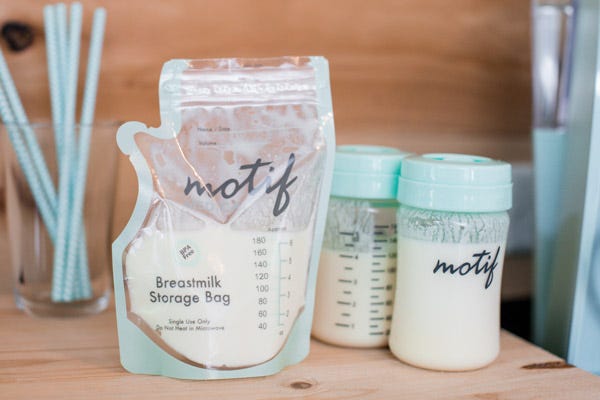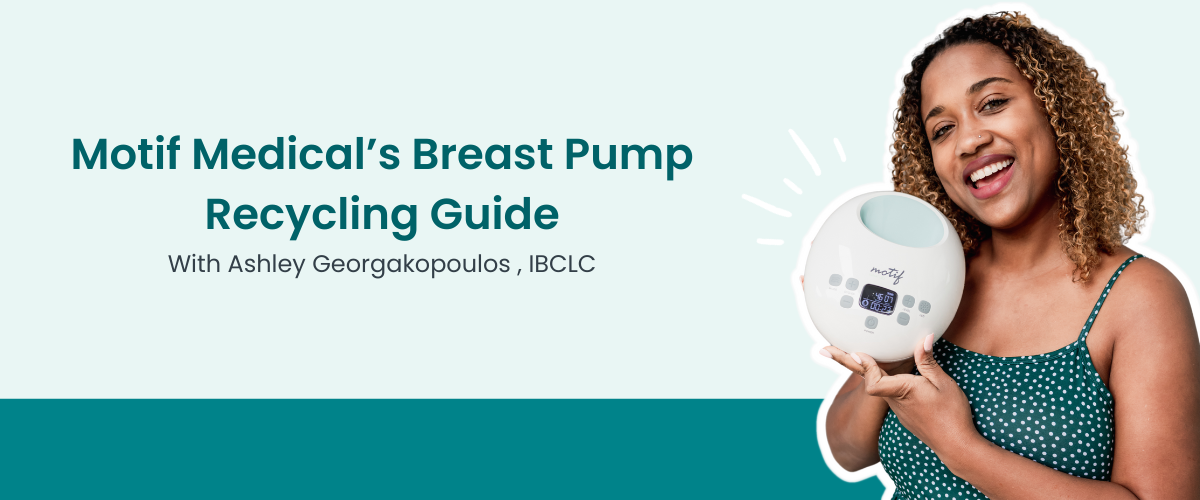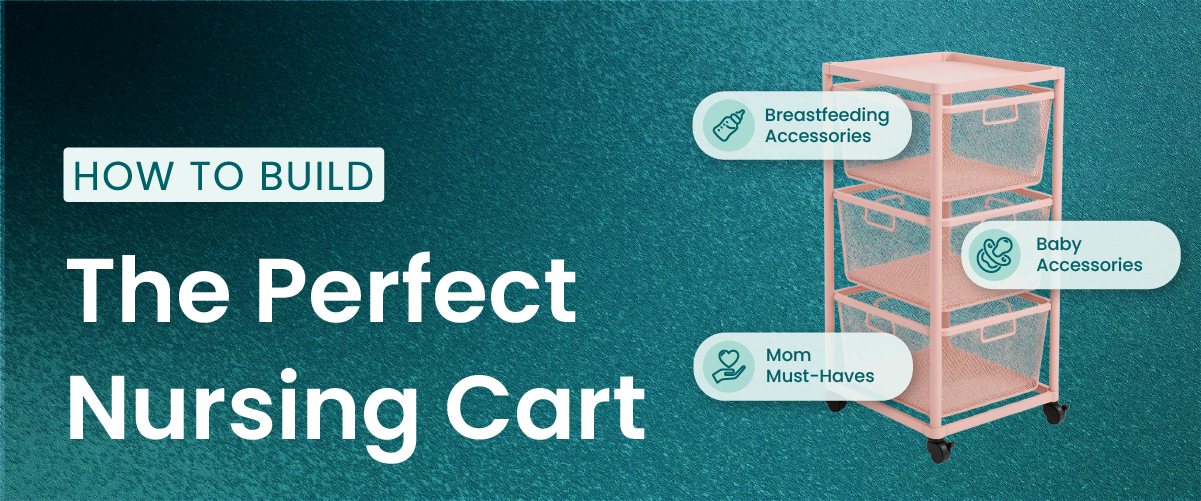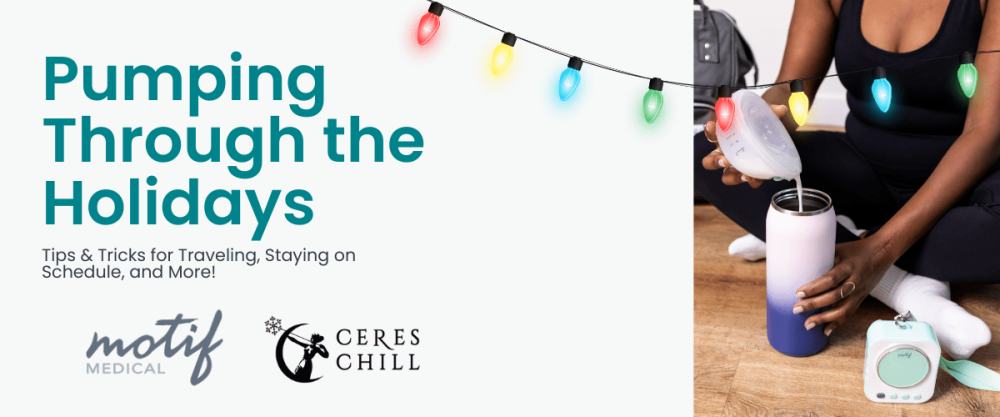Breastfeeding mothers often wonder about the safety of drinking alcohol while lactating. Avoiding alcohol entirely is, of course, the safest option while breastfeeding and pumping. The effects of alcohol for the first-hand ingester is pretty well known, from impaired judgement to slower reaction time. Exact information and guidelines are difficult to gather, as researching the effects of alcohol use while pregnant or breastfeeding poses an ethical issue, as groups of women would have to be told to ingest it. Servings of 4-5 or more have been shown to affect lactation in the following ways: they can slow or hinder the letdown response, or the milk ejection reflex (MER), which can eventually decrease overall supply thresholds and milk production as well.
However, thanks to what is known through metabolic processes in the healthcare world, it's not completely forbidden to have an alcoholic beverage when breastfeeding, especially when consumed in moderate amounts and timed correctly.
Alcohol is a water-soluble compound, which means the compound begins to absorb in real time into the breast milk through the bloodstream, crossing the barriers that usually filter out unwanted ingredients that do not belong in the milk. For this reason, an alcoholic drink in any amount should not be ingested at the same moment as you breastfeed or pump. Within minutes, rising with blood alcohol levels and peaking at around the half-hour mark, it does infiltrate in an uncontrolled, unmeasurable amount, therefore making it unsafe and unstable to have simultaneously.
The liver is in charge of detoxifying the body. This organ filters the blood alcohol content to metabolize and helps with the elimination of alcohol and expelling it from the body. On average for a person ingesting the alcohol, depending on gender, body weight, and metabolic rate, alcohol is metabolized in an hour per serving. Just as the alcohol crossed the barriers feeding into the mother's milk storage in the breasts, it will be passing back through and leaving just as easily. This means that as the body is metabolizing alcohol, the amount lingering in the breast milk is also filtering back out and metabolized in real time. How much the mother drinks is vital - hence the saying: When YOU are sober, your milk is “sober.”
Alcohol While Breastfeeding
For lactating women, consideration of the alcoholic beverage, level of alcohol, and percentage per serving, is important. One serving, for instance, is a 4-5 oz glass of wine. Breastfeeding occurs on average every 2-3 hours, as well as pumping if exclusively pumping. Thinking about when the next feeding or pump session is important planning when to enjoy the alcoholic beverage. Immediately following the feed or session would be ideal, in order to have enough time to enjoy and finish the beverage, as well as completely metabolizing the alcohol content prior to the next feeding.


Giving the body as much time as possible is the safest route. It's also deemed helpful to have a food with the beverage, as it CAN absorb some of the alcohol ingested, making it more diluted for the body essentially. Drinking 8 oz of water for every serving of alcohol is recommended, as well, much like with coffee. This helps the body to stay hydrated while ingesting diuretics and the body’s detoxification processes.
Servings of Common Alcoholic Options
| Alcohol | Fluid Ounces |
| Beer - 5% alcohol | 12 fl oz |
| Beer - 7% alcohol | 8-9 fl oz |
| Wine | 5 fl oz |
| Distilled Shots | 1-1.5 fl oz |
Due to how frequently a nursing baby, primarily a newborn, needs to eat, it is not recommended to consume alcohol in any amount during this age range.
Do not sleep with the baby while under the influence or inebriated.
Do not hold the baby while under the influence or inebriated.
Do not feed directly from the breast if less than an hour after ingesting 1 serving of alcohol. Wait longer if you've ingested large amounts.


Precautions With Alcohol Consumption for Nursing Mothers
According to the CDC, "Not drinking alcohol is the safest option for breastfeeding mothers. However, moderate alcohol consumption (up to 1 drink/day) is not known to be harmful to the infant."
Alcohol levels are usually highest in breast milk 30-60 minutes after an alcoholic beverage is consumed, and can be generally detected in breast milk for about 2-3 hours per drink after it is consumed.
Expressing milk as needed will help with comfort levels, especially if away from baby or have 2 or more servings. Going longer than 3-4 hours in between some form of expression is not healthy. Milk expressed or pumped within this time frame of metabolizing alcohol should not be given to the baby. The only time “pump and dump” is really necessary, as expressing milk will protect the supply and prevent engorgement. It will not be safe to ingest.
Large or frequent alcohol consumption is not recommended while lactating. Avoid binge drinking and excessive drinking.
Frequent or daily intake of alcohol is positively associated with inappropriate weight gain in the breastfed baby.
No amount of alcohol intake is deemed safe while pregnant, as its unmeasurable the amount crossing the blood brain barrier and can hinder motor development. This means any variation of an occasional drink or single drink.
Myths About Alcohol And Breastfeeding
- Alcohol does not increase milk supply. In fact, alcohol (ethanol) suppresses nerve response, including the letdown response and producing less milk. This can eventually negatively effect supply if done in excess or repeatedly.
- “Pumping and dumping” does not speed up the process of removing alcohol from milk supply. The alcohol will still be there.
- There is no need to pump and dump, but merely wait until metabolized to breast feed or pump milk. However, if binge drinking has occurred, and 3-4 hours have passed, pumping and dumping will be necessary to avoid engorgement.
Resources
Sarah Reece-Stremtan, Kathleen A. Marinelli, and The Academy of Breastfeeding Medicine.Breastfeeding Medicine.Apr 2015.135-141.http://doi.org/10.1089/bfm.2015.9992
https://pediatrics.aappublications.org/content/129/3/e827.full
About the Author
Ashley Georgakopoulos is an International Board Certified Lactation Consultant (IBCLC) that specializes in the clinical management of breastfeeding and an expert in the field of lactation. Ashley is from Knoxville, TN, and is a mother who has dealt with the obstacles and joys of breastfeeding. As the owner of Genesis Lactation, she educates families, connects them to resources, and helps the next generation be as healthy as possible: nutritionally and sustainably.








